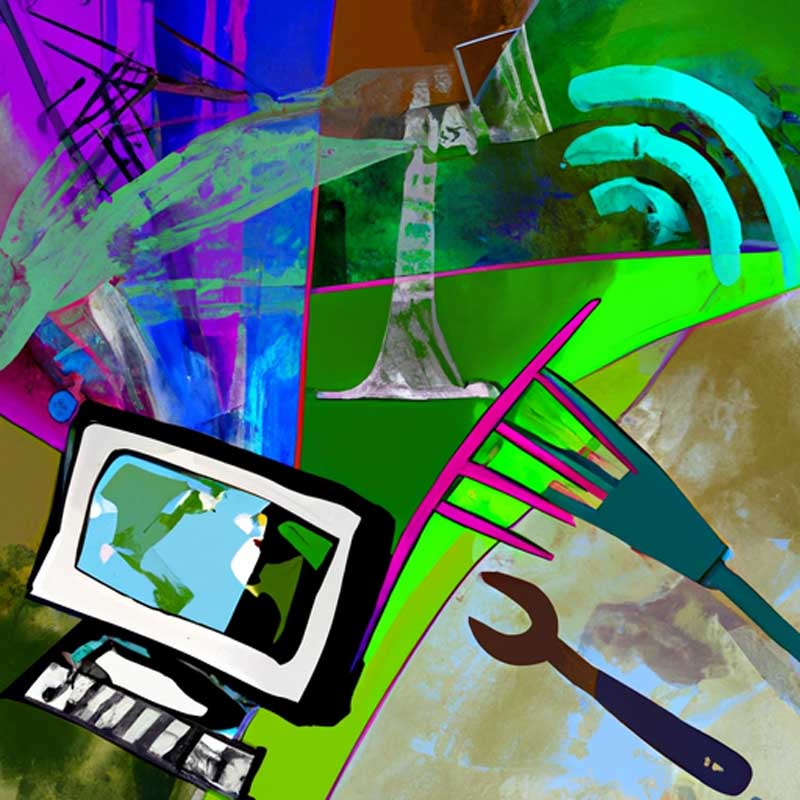Key points:
• The use of food delivery apps has surged during the COVID-19 pandemic.
• These apps have faced criticism for their treatment of restaurant workers.
Food delivery apps like Uber Eats and DoorDash have seen a massive surge in popularity during the COVID-19 pandemic, as people are staying at home and ordering food for delivery. However, these apps have faced significant criticism for their treatment of restaurant workers.
One of the main issues is the high commission fees that these apps charge to restaurants. Many restaurants have struggled to stay afloat during the pandemic, and the high commission fees from these apps have only added to their financial burden.
Another issue is the treatment of delivery drivers. These apps often classify their workers as independent contractors, rather than employees, which means they are not entitled to benefits such as health insurance and paid time off. This classification has been the subject of lawsuits and regulatory scrutiny.
In response to these concerns, some cities and states have implemented new regulations to protect restaurant workers. For example, San Francisco recently passed a law that caps the commission fees that apps can charge to restaurants at 15%. Other cities, such as Seattle, have implemented minimum wage requirements for delivery drivers.
However, these regulations have faced pushback from the apps themselves. DoorDash, for example, has filed a lawsuit in San Francisco to block the new commission fee cap law, arguing that it is unconstitutional and unfairly targets their business model.
Despite the controversies surrounding food delivery apps, they continue to be widely used and are likely to remain popular even after the pandemic. However, there is a growing movement for greater transparency and fairness in how these apps operate. Many consumers are now choosing to support local restaurants by ordering directly from them, rather than through a third-party app.
In conclusion, the popularity of food delivery apps has surged during the pandemic, but they have faced criticism for their treatment of restaurant workers. Commission fees and worker classification are two major areas of concern. While some cities have implemented regulations to protect workers, there is still a need for greater transparency and fairness in the industry.
